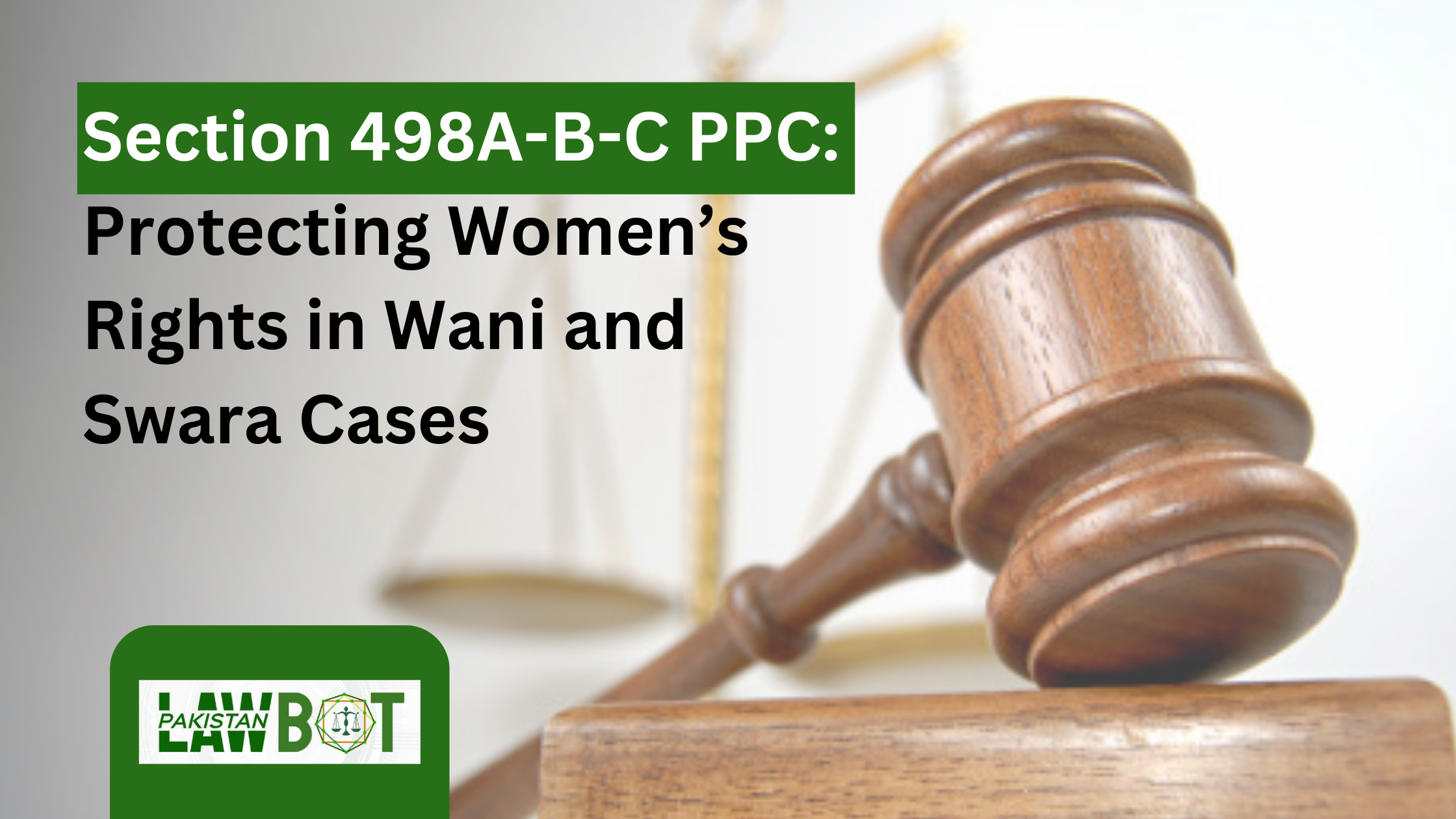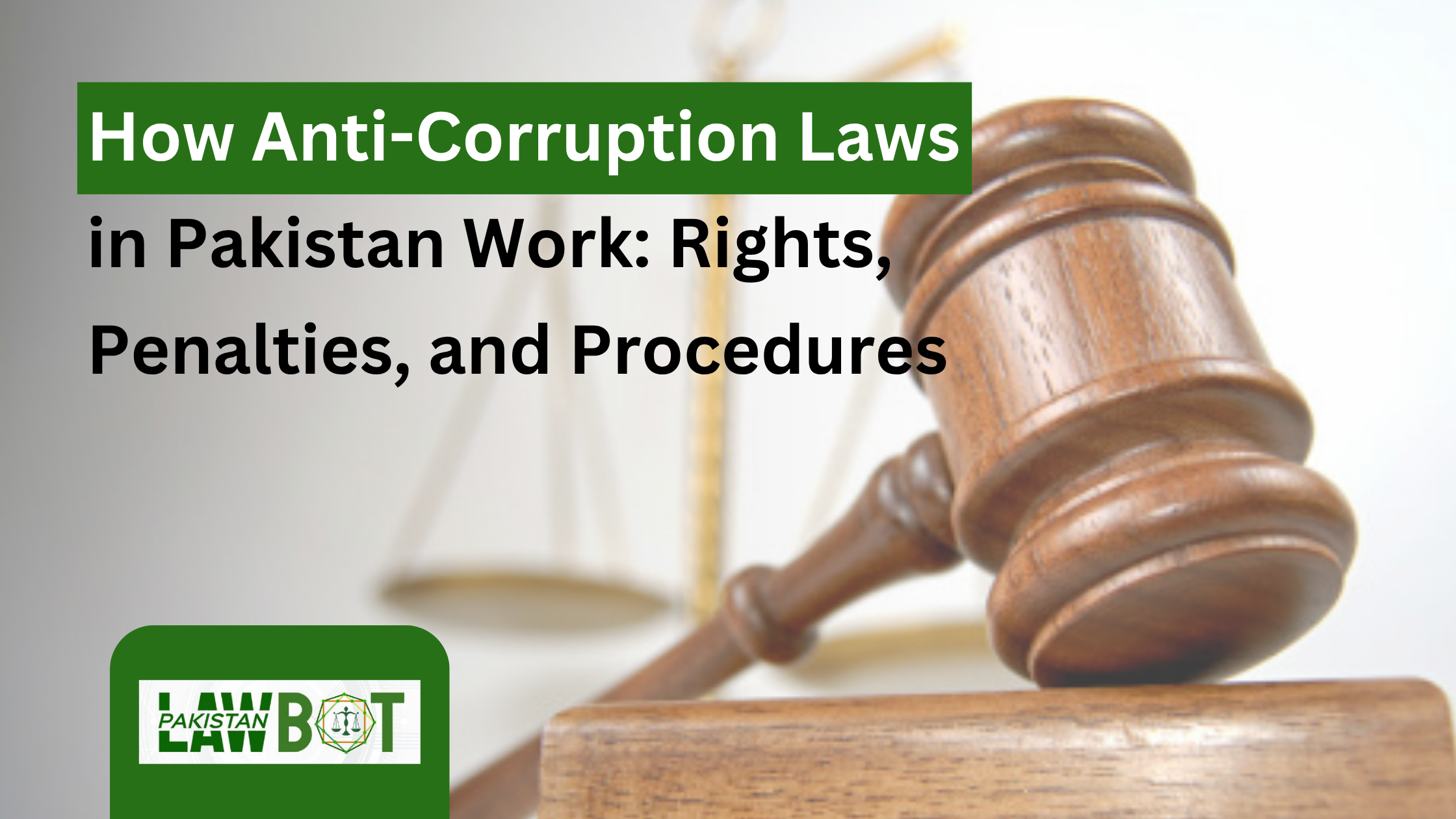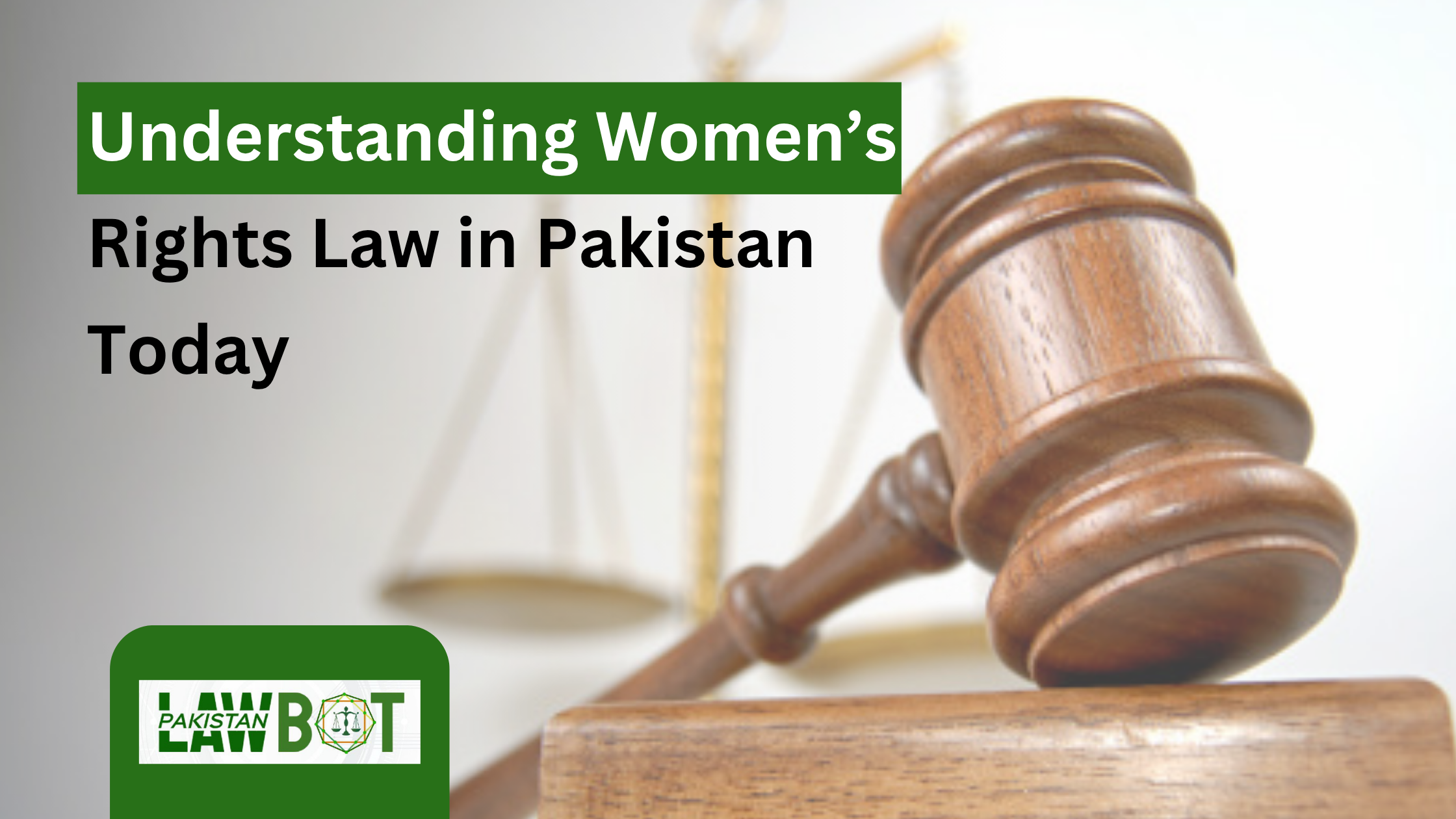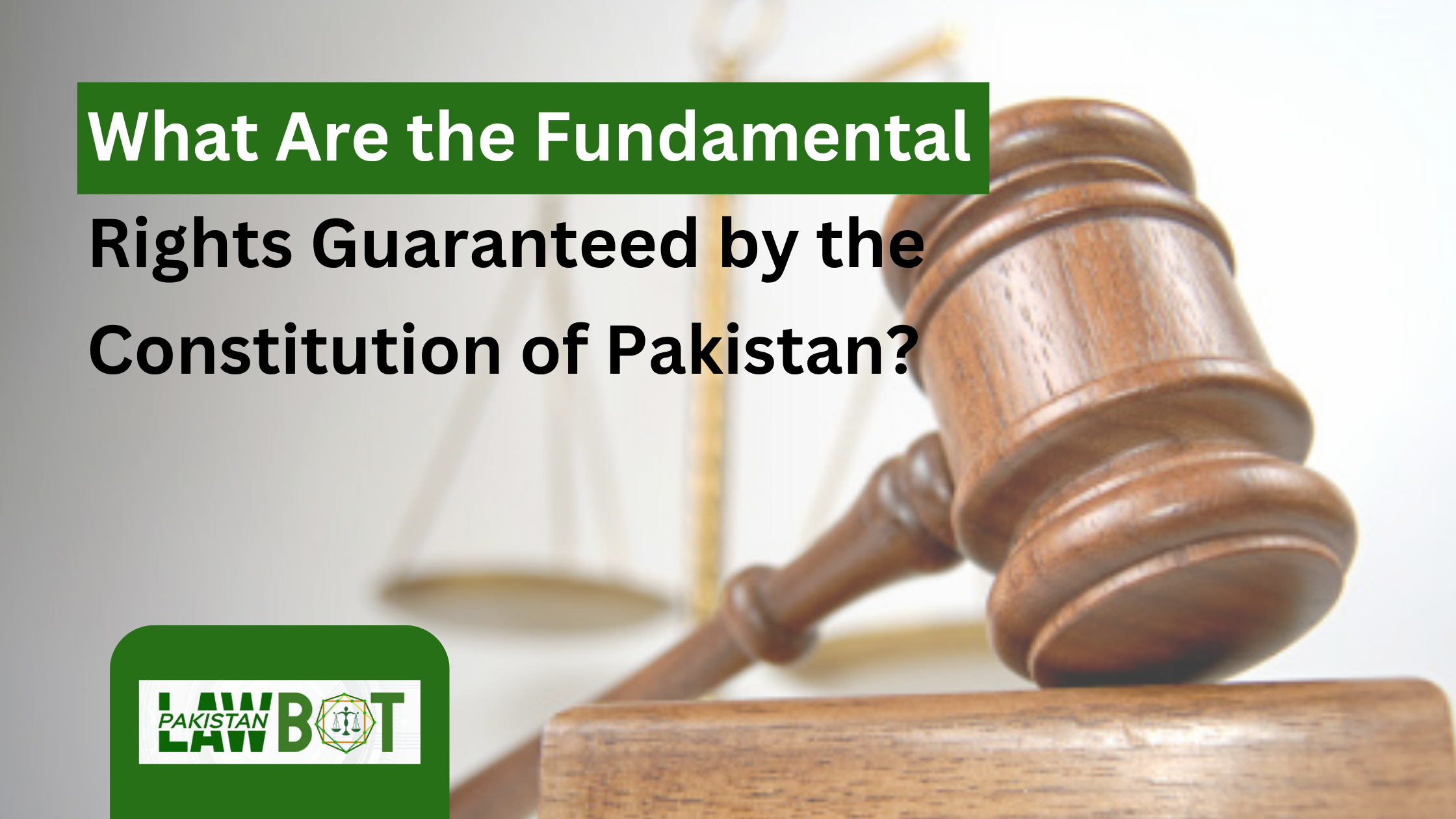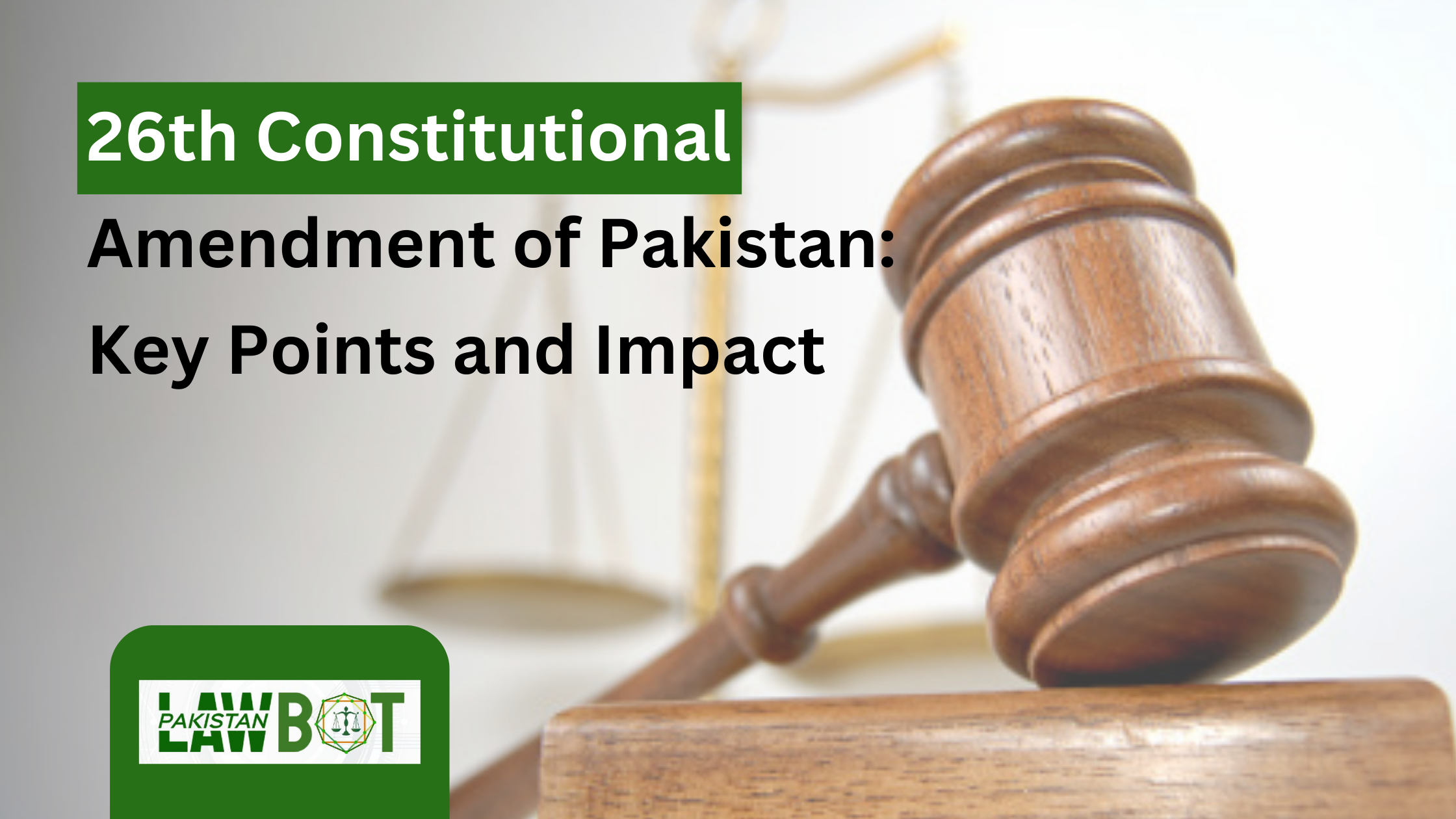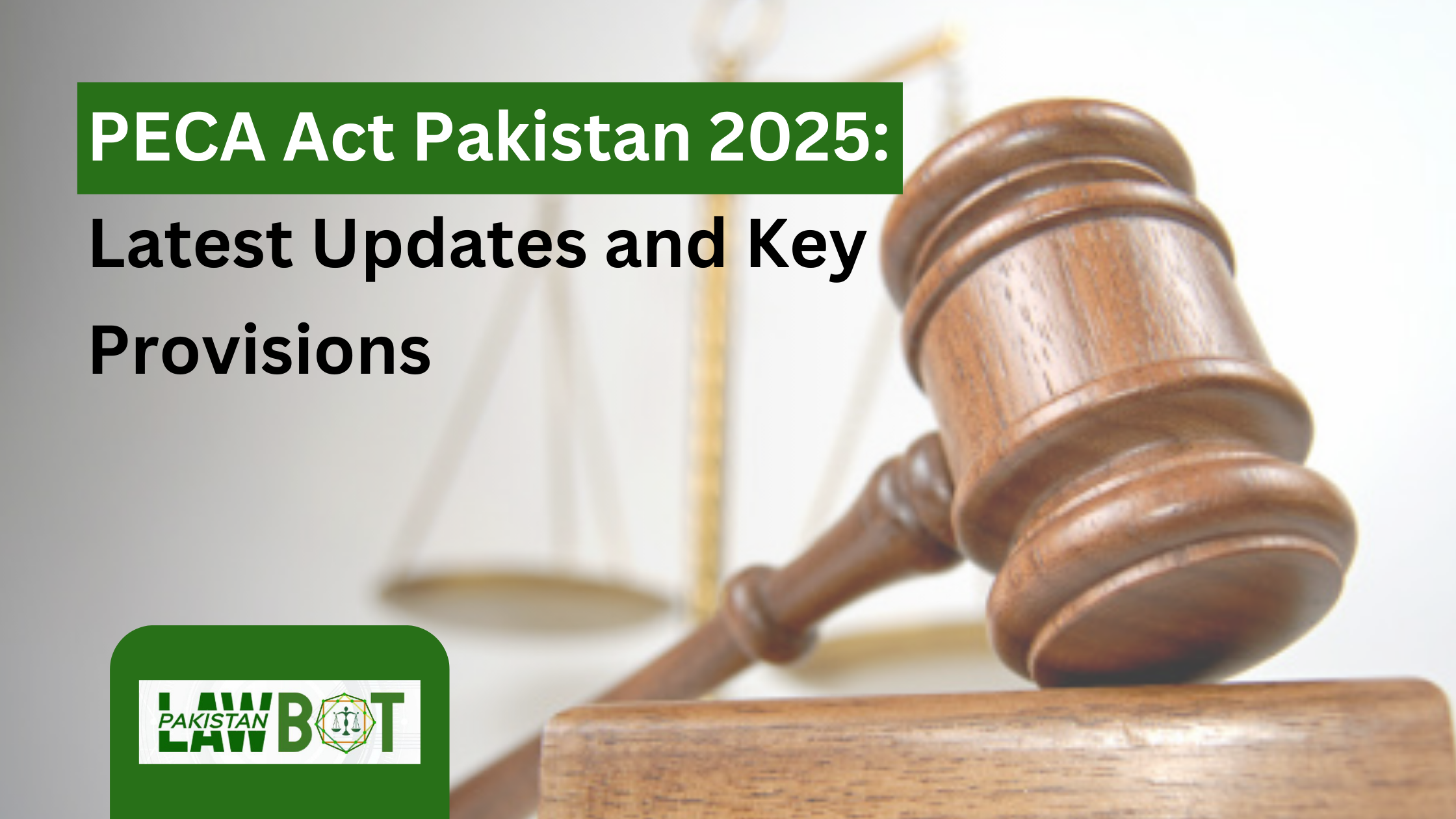Introduction
In Pakistan, women’s rights have often been challenged by harmful cultural practices. Among the most disturbing traditions are Wani and Swara, where young girls are forced into marriage as a form of compensation to settle disputes. These practices violate fundamental human rights and put the lives of women at risk. Recognizing the gravity of the issue, Pakistan introduced Section 498A, 498B, and 498C of the Pakistan Penal Code (PPC) to safeguard women and criminalize such acts.
This article examines the background of these sections, their significance in protecting women, and their impact on society.
Understanding Wani and Swara Practices
What is Wani?
Wani is a custom where girls are married off to rival families as part of a dispute settlement, usually for murder or other serious conflicts. The girl has no choice in the matter and is treated as compensation rather than a human being with rights.
What is Swara?
Similar to Wani, Swara is prevalent in certain regions of Pakistan, particularly in Khyber Pakhtunkhwa. It forces girls into marriages as reparation for wrongdoings committed by male family members. The practice perpetuates gender discrimination and subjects women to lifelong suffering.
Legal Framework: Section 498A, 498B, and 498C PPC
To address these issues, Pakistan’s legislators incorporated Sections 498A, 498B, and 498C into the Pakistan Penal Code (PPC). These sections aim to protect women from being exploited through forced marriages and ensure justice is served.
Section 498A PPC – Prohibition of Wani and Similar Practices
This section criminalizes the practice of giving women in marriage to settle disputes. Anyone found guilty of arranging such marriages may face imprisonment of up to 10 years but not less than 3 years, along with a fine.
Section 498B PPC – Prohibition of Forced Marriage
This section deals with forced marriages in general. It ensures that no woman can be coerced into marriage against her will, regardless of the circumstances. Violators face up to 10 years in prison and fines.
Section 498C PPC – Marriage with the Quran
Although less common today, marrying women to the Quran was once practiced to deprive them of inheritance rights. Section 498C declares this act illegal and punishable by imprisonment and fines.
Why These Laws Are Important
Safeguarding Women’s Human Rights
By criminalizing Wani, Swara, and forced marriages, the law recognizes women as equal citizens with dignity and freedom of choice.
Ending Gender-Based Exploitation
These legal protections strike at the root of cultural practices that treat women as property rather than individuals.
Promoting Social Justice
Sections 498A-C encourage a cultural shift, pressing families and communities to abandon unjust traditions and embrace fairness.
Challenges in Implementation
While the law is strong on paper, its effectiveness depends on enforcement. Unfortunately, several challenges persist:
-
Cultural Resistance – Deep-rooted traditions still exist in some rural areas.
-
Lack of Awareness – Many women remain unaware of their rights under the law.
-
Weak Enforcement – Police and local authorities sometimes hesitate to intervene in cases involving influential families.
-
Social Pressure – Victims often face pressure from their own families to stay silent.
The Role of Judiciary and Law Enforcement
Courts in Pakistan have taken significant steps to enforce these laws, setting precedents that discourage harmful practices. Training law enforcement agencies and raising public awareness are equally crucial to ensure justice for victims.
Public Awareness and Education
Laws alone cannot end Wani and Swara. Civil society, NGOs, and educational institutions must play their role by:
-
Conducting awareness campaigns.
-
Educating communities about women’s rights.
-
Empowering women to report violations.
-
Encouraging media coverage to expose such cases.
Success Stories and Progress
Over the years, several high-profile cases have brought attention to these practices. The intervention of courts and women’s rights organizations has helped free many victims. These successes highlight that change is possible when law, media, and civil society work together.
The Way Forward
To fully eradicate Wani, Swara, and forced marriages, Pakistan needs a multi-dimensional approach:
-
Stricter Enforcement of Sections 498A-C.
-
Greater Awareness through media and educational reforms.
-
Community Engagement to challenge harmful traditions.
-
Empowerment of Women through education and legal aid.
Conclusion
The introduction of Section 498A-B-C PPC marks a turning point in Pakistan’s fight against oppressive customs like Wani and Swara. These laws protect women from exploitation, safeguard their dignity, and pave the way for a more just society.
However, the journey does not end with legislation. True change will come only when communities abandon these practices and embrace women’s rights as fundamental human rights. With consistent enforcement, public awareness, and cultural transformation, Pakistan can move closer to ensuring justice and equality for all its citizens.

